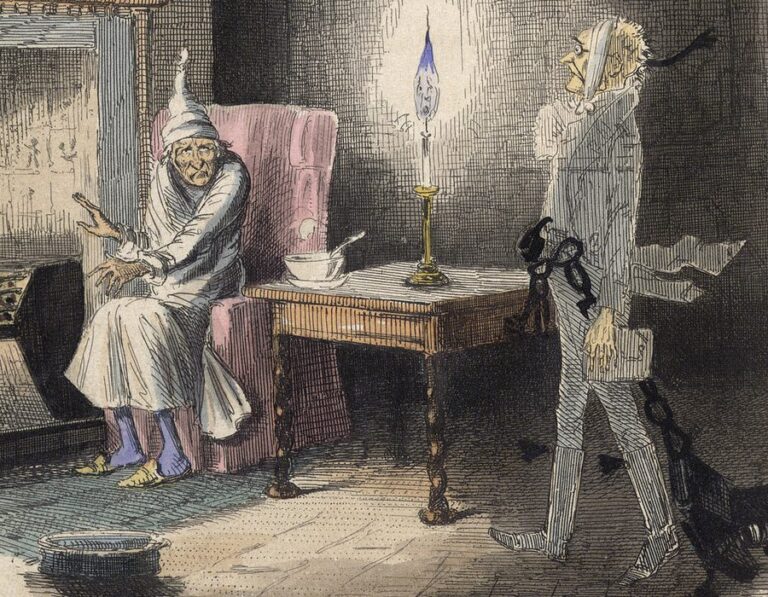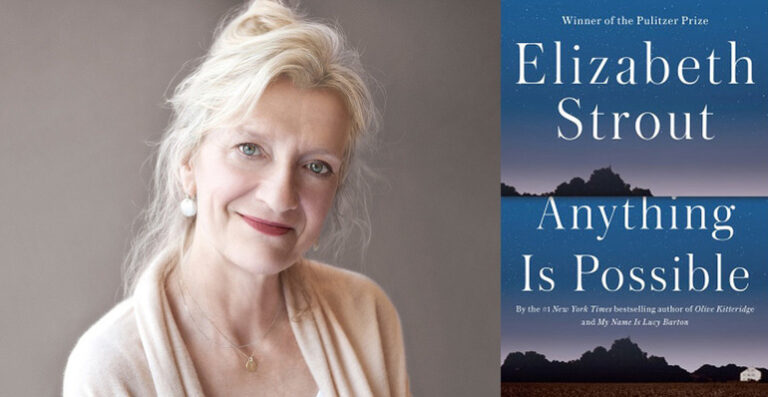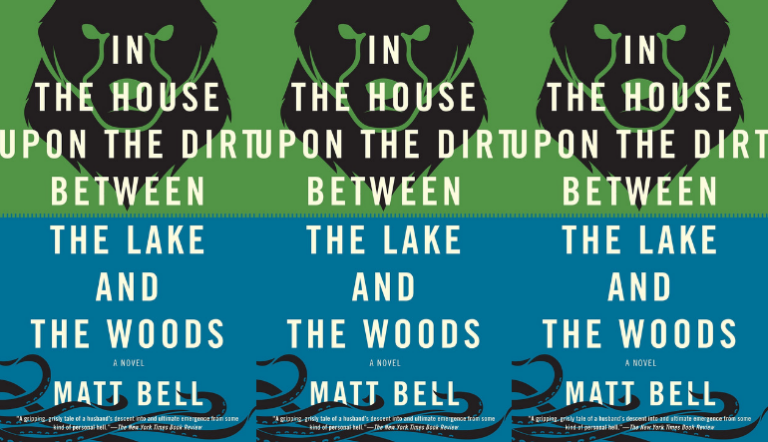Judgment Day: The Literary Competition
Last winter I was asked to judge two short-story contests, one for my graduate writing program and the other for a local chapter of a national arts organization. Not surprisingly, I was flattered and a little excited to have been asked to serve as judge. What a novelty to be on that side of the desk. I immediately understood, however, the almost sinister power a judge wields over the contest participants. Having entered a dozen or so literary competitions myself over the past decade, I knew that the results seriously mattered to most of the participants, and not being named one of the winners could set the contest entrants back for days, possibly weeks. (As I wrote that last sentence, I hesitated over using the word ‘loser.’ Loser’s connotations are often so unpleasant that even in an essay where it’s logical to use that word, I am reluctant to do so.)
If I remember correctly, the graduate writing program’s contest was four distinct competitions – two for the undergraduate writers, two for the graduates. All told, there were about forty entries, twenty-five or so from the undergraduates, the rest from the MFA students. As I began reading, it became clear that many of the undergraduate stories needed a lot of work, and only about four were real contenders for first prize. Nonetheless, in several cases, I was impressed by the scope of these writers’ imaginations. One student wrote a very detailed story about a beekeeper, another about a man running into a boy with his car that was, to my surprise, suspenseful at times. Certainly the majority of the stories were in need of extensive revision, but I could see that these writers were getting the hang of it, that they understood the importance of pacing and characterization, of the right word versus the obvious word.
Judging the graduate student stories was a process that revealed more about me than about the writers, I think. Most of the stories were good if not yet good enough to be published in a respectable literary journal, and as I read through them, I knew that the story that won first place would win because of my stylistic interests and loyalties. I liked funny stories where the mild perversities of a writer’s mind are given time and space to flourish. Like John Updike once said about his own writerly tendencies, I’d say that my default mode is the comic. I like satire, silly jokes, the sly, winking eye. I want to laugh or at least smile a lot.
The story that won was fresh, subversive, and witty. After an hour or two of spying on the cute girls who live in an adjacent apartment, two college boys drive to a liquor store where they fail to buy any alcohol because they don’t have valid IDs. As a booby prize, however, they’re taken by the store security guard on a guided tour of a room in the back of the store, one filled with high-tech AV equipment. I wasn’t sure what to make of this story, but it struck me as the most original submission. Two or three others might easily have won first-prize if the judge hadn’t been me. I had a hunch that in some cases, the winners are chosen because what they’re doing might resemble what the judge is doing in his or her own work. Or perhaps the work reminds the judge of a writer he or she admires – George Saunders might write brilliant, postmodern satire but it’s not improbable that he also admires the work of a writer very different from himself, someone like the eminently sober William Trevor, for example.
In a society that in recent years, if I’m not hallucinating, has established a practice of creating more and more contests, ostensibly to offer almost everyone some kind of award or prize before they are old enough to vote, I am skeptical of the proliferation of contests, literary and otherwise. Having received the Grace Paley Prize in Short Fiction in 2009, I realize that I have no right to talk smack about contests, but as I judged those college fiction contests last year, I felt bad for the writers whose work would not be singled out as the best of the group. So much of the American populace’s self-esteem seems to rely on what ribbons and bows we can hang around our mirrors. Exhibits A – D: American Idol, Dancing with the Stars, and annual awards programs like the Grammys and the Oscars. Millions of people watch these shows, investing so much of their emotional energy in the fortunes of strangers they are unlikely to ever meet. We take it as a personal affront if our pick for the Best Picture of the Year, Best Album, or Best Screenplay doesn’t win, as if we had something important to do with their creation. Few things are more emotionally fraught than these creative horse races on which we have staked our hopes (and sometimes, our money).
Writers enter contests at their own risk, but so many of us are hopeful and idealistic and believe very deeply in the work that we’re doing, as we should. But there are few things more likely to make us question our talent and life’s mission than when we receive a note stating that someone else has won. To make matters more, uh, complex, sometimes we know the winner. First we say, Okay, well, good for him. Then the truth comes out, Hey, he always wins! How selfish of him! Can’t he leave a few crumbs for the rest of us? He’s not even that good. Loser!
Despite the odds against us, the promise of prestige and a cash reward is too great for many of us to resist. If you can approach contests with a spirit of fun, and/or use them to spur you to get more writing done, then enter them and try to enjoy the suspense. But if you look upon them as vital fuel for your self-esteem, you’re likely to be depressed or outraged when you don’t win as often as you’d like to. Remember that contests rely primarily on whim: of the writers who pay the entry fee, and of the judges who make the final decisions. Judges are not perfect creatures working in a perfect creative vacuum. Like umpires, they sometimes make questionable calls. In most things that are important to us, there is a degree of the subjective and certainly of the unknown. As with blind dates that don’t work out, you have to take the occasional rejection, and then, when you’re ready, try again.
This is Christine’s sixth post for Get Behind the Plough.


